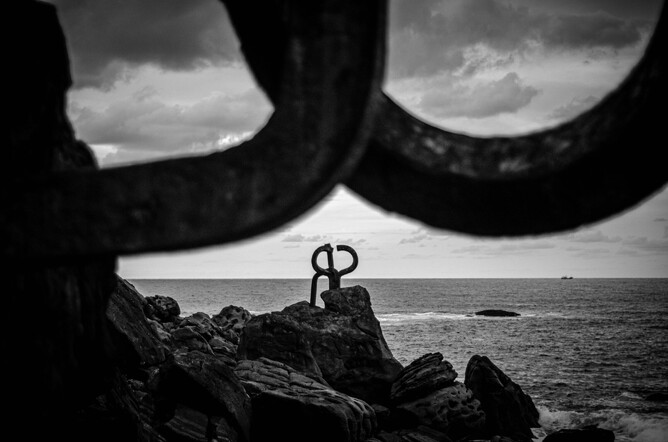By Mark Grace, CCCNZ Ambassador
Heoi whitikiria nga hope o o koutou hinengaro, kia mataara, tumanako atu, a taea noatia te mutunga, ki te aroha noa e kawea mai ki a koutou a te whakakitenga mai o Ihu Karaiti.
O lenei, ia outou fusi ae i sulugatiti o outou mafaufau, ia faautauta, ia atoatoa ona faamoemoe, i le alofa tunoa e molia mai ia te outou pe a faaalia mai Iesu Keriso.
Therefore, with minds that are alert and fully sober, set your hope on the grace to be brought to you when Jesus Christ is revealed at his coming.
1 Peter 1:13
The Christians to whom Peter wrote the letter of First Peter were out of step with the Roman world. They lived in the shadow of the increasingly mad emperor Nero. They lived under suspicion and increasing hostility, being considered ‘atheists’ because they did not believe in the Roman gods or worship the emperor. They faced growing economic disadvantage and social exclusion.
Peter was urging these Christians to set their hearts and minds on the hope of the mind-blowing, world-altering, outlandishly lavish grace that would be brought to them when Jesus Christ returns. Why would he do that?
You’ll have heard the old saying about Christians that “they are so heavenly minded that they are no earthly good.” Isn’t Peter’s encouragement here head-in-the-sand stuff? Isn’t he encouraging them to just ignore their suffering and the suffering of others?
No, far from it.
Being clear-headed and having a sober mind means that they can see their world as it really is, with all its brokenness, injustice, brutality, and evil. They won't avoid it but engage with it.
Having a clear-headed hope in the abundance of grace coming to them when Jesus returns means that they won’t crumble under the weight of Roman pressure. It gives them resilience. They won’t be so easily rattled or resentful.
Hoping in Christ’s coming can also produce thoughtful engagement with the world around them. Instead of becoming either reactive or overly passive, they can engage the culture with grace, courage, and wisdom.
A settled hope in Christ’s coming means that they aren’t idolising the present. They aren't seeking to find their security, comfort, or identity in the ‘here and now’. As a result, they can face the present with generosity and sacrificial service.
Nigel Pollock, an old boss of mine, would often say that “throughout history, the Christians who did earthly good did so because they were so heavenly-minded.”
It’s only once we fix our eyes on eternity that we can truly see the present moment. When our hope is anchored in the life to come, we are free to live in this world with resilience, patience, courage, and love.



